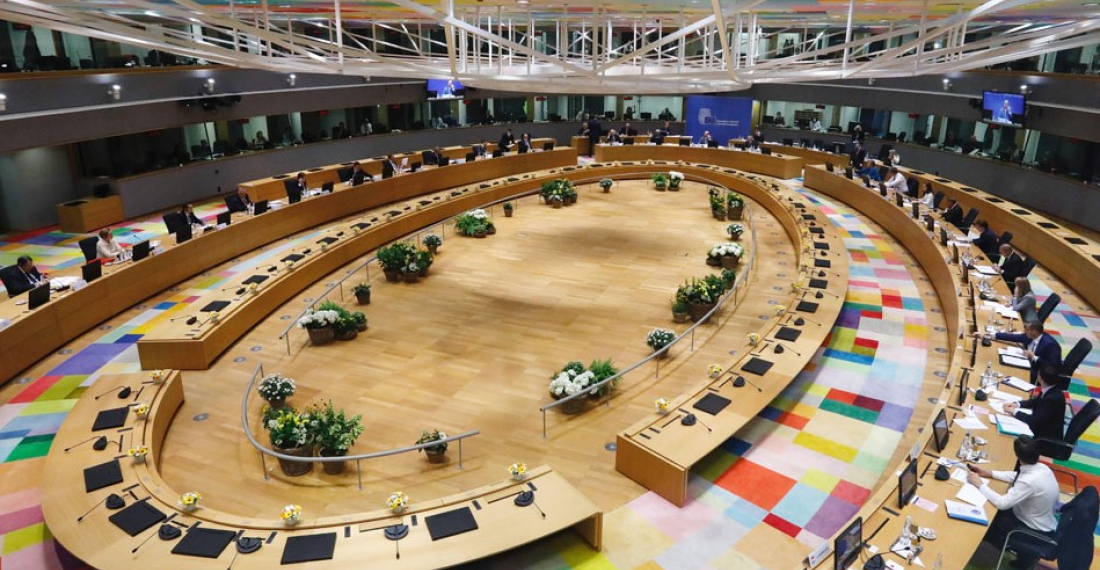It seems that the crisis in Afghanistan has focused minds in Brussels. On Thursday (2 September) EU defence ministers are meeting in Slovenia to discuss the crisis and how to learn lessons from it. Hovering at the top of the agenda is the EU's own capacity – or more precisely, lack of capacity – to act in these and similar situations.
Speaking before joining the meeting, the EU High Representative for Foreign and Security Policy, Josep Borrell, said
“I think that it is clear that the need for more ‘European Defence’ has never been as evident as today – after the events in Afghanistan. I am sure that the Ministers will discuss how to face this new situation and how we can be more prepared for future challenges.”
According to Borrell, the Strategic Compass is a work in progress. “In a couple of months, I think we will be able to present the report of our work, but sometimes there are events that catalyse the history. Something happens and pushes the history, it creates a breakthrough. I think that the events in Afghanistan this summer are one of these cases”.
Borrell said he hoped that the final draft of the Strategic Compass will be ready no later than October or November.
This item was corrected to show that the meeting was being held in Slovenia






